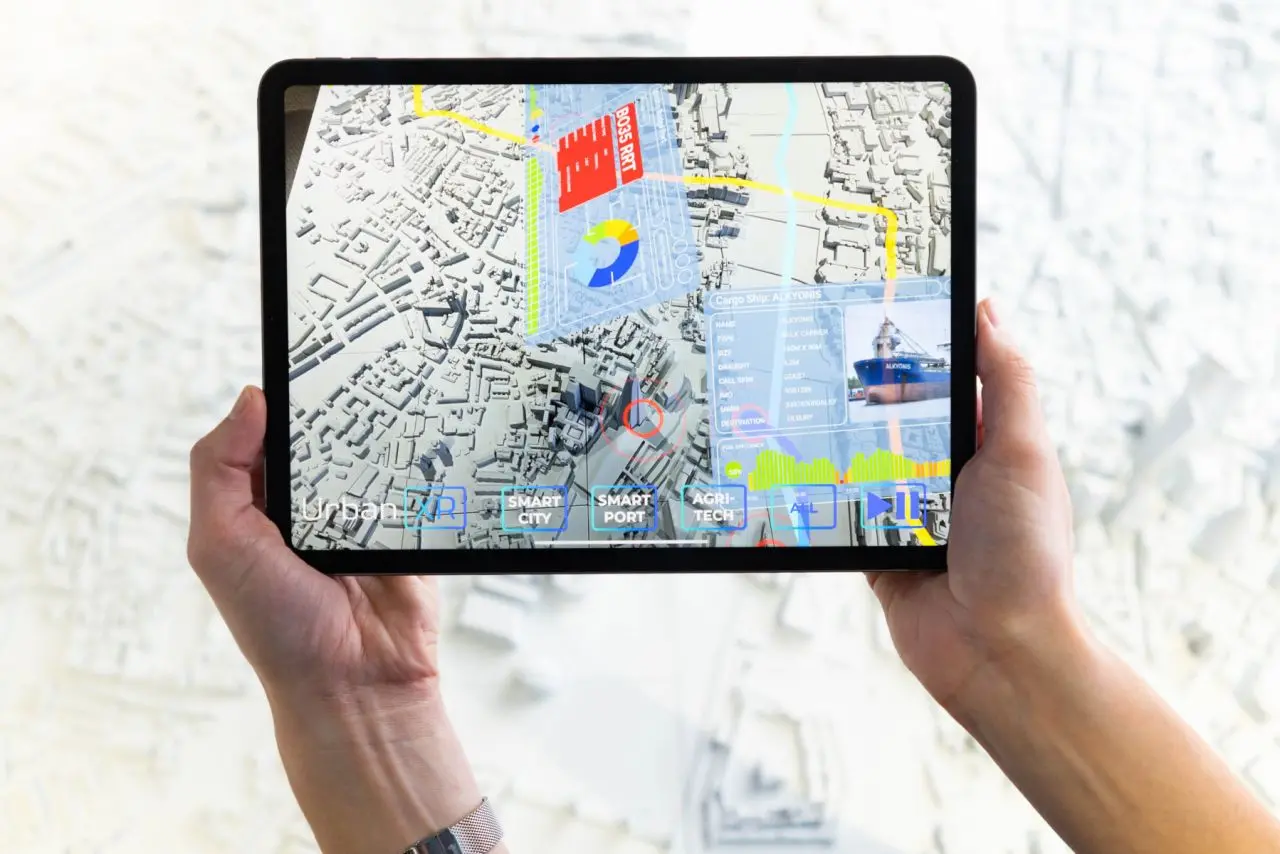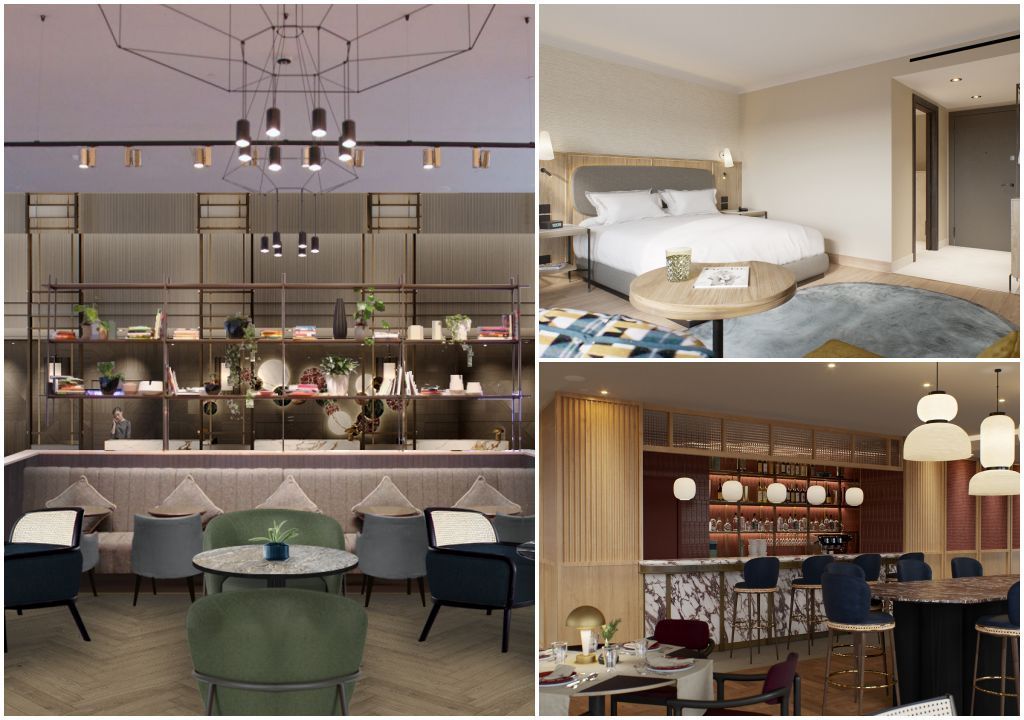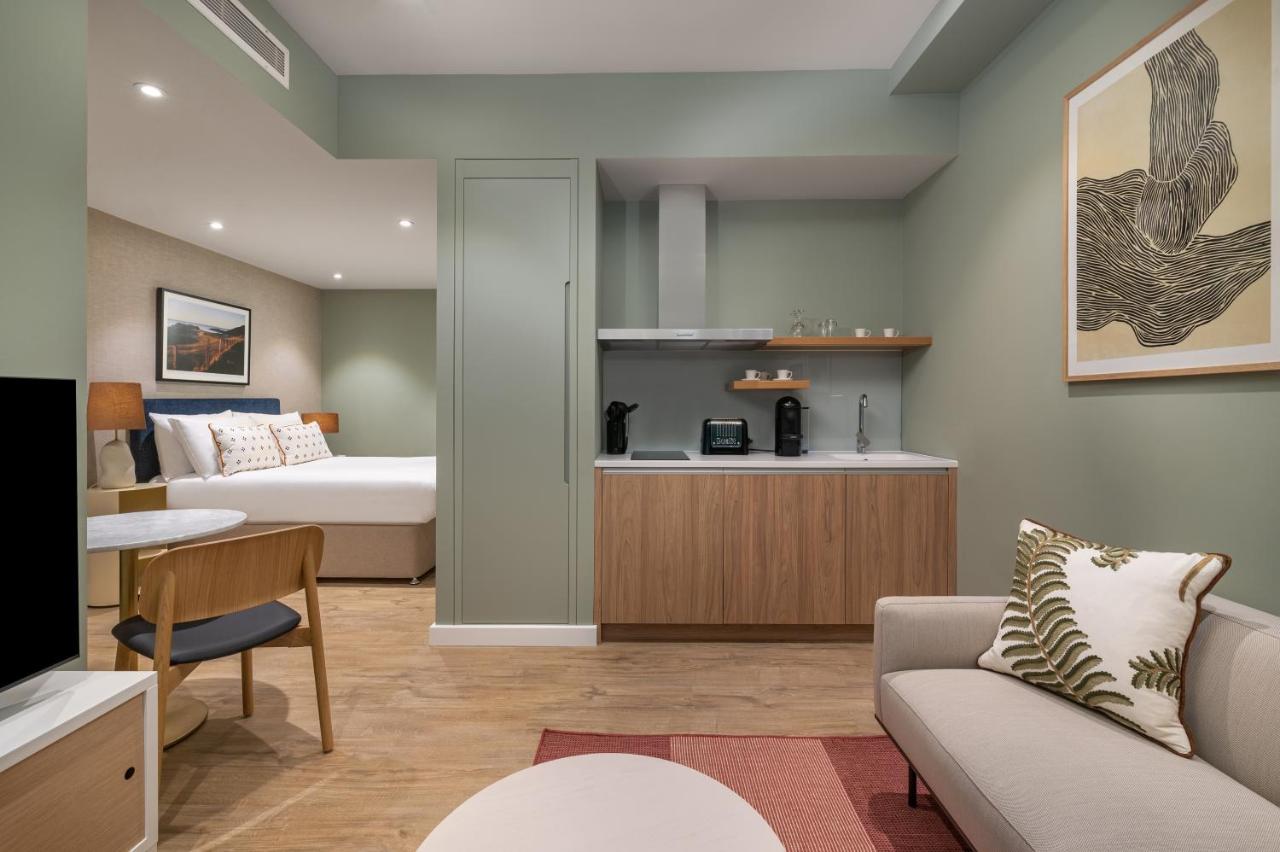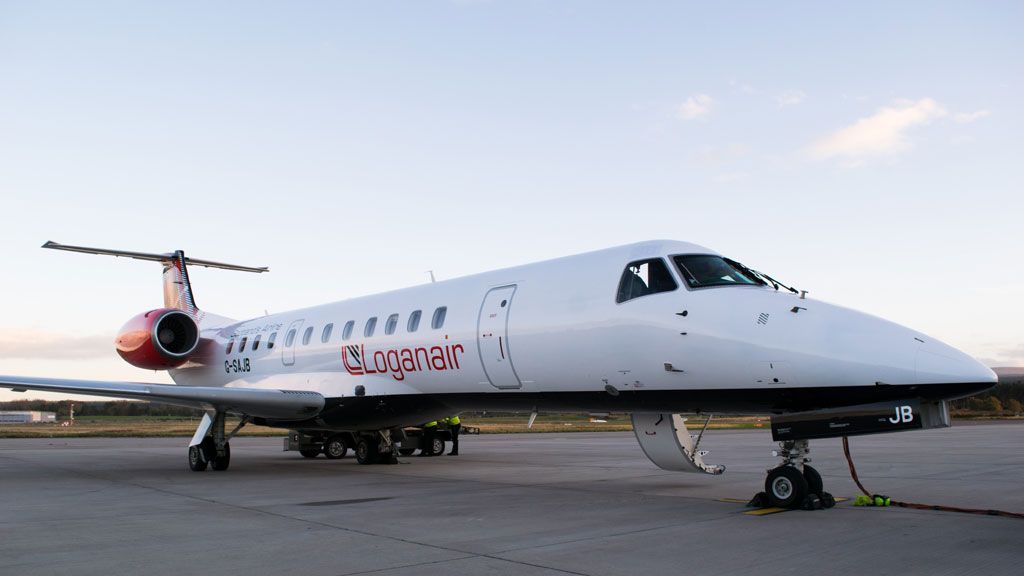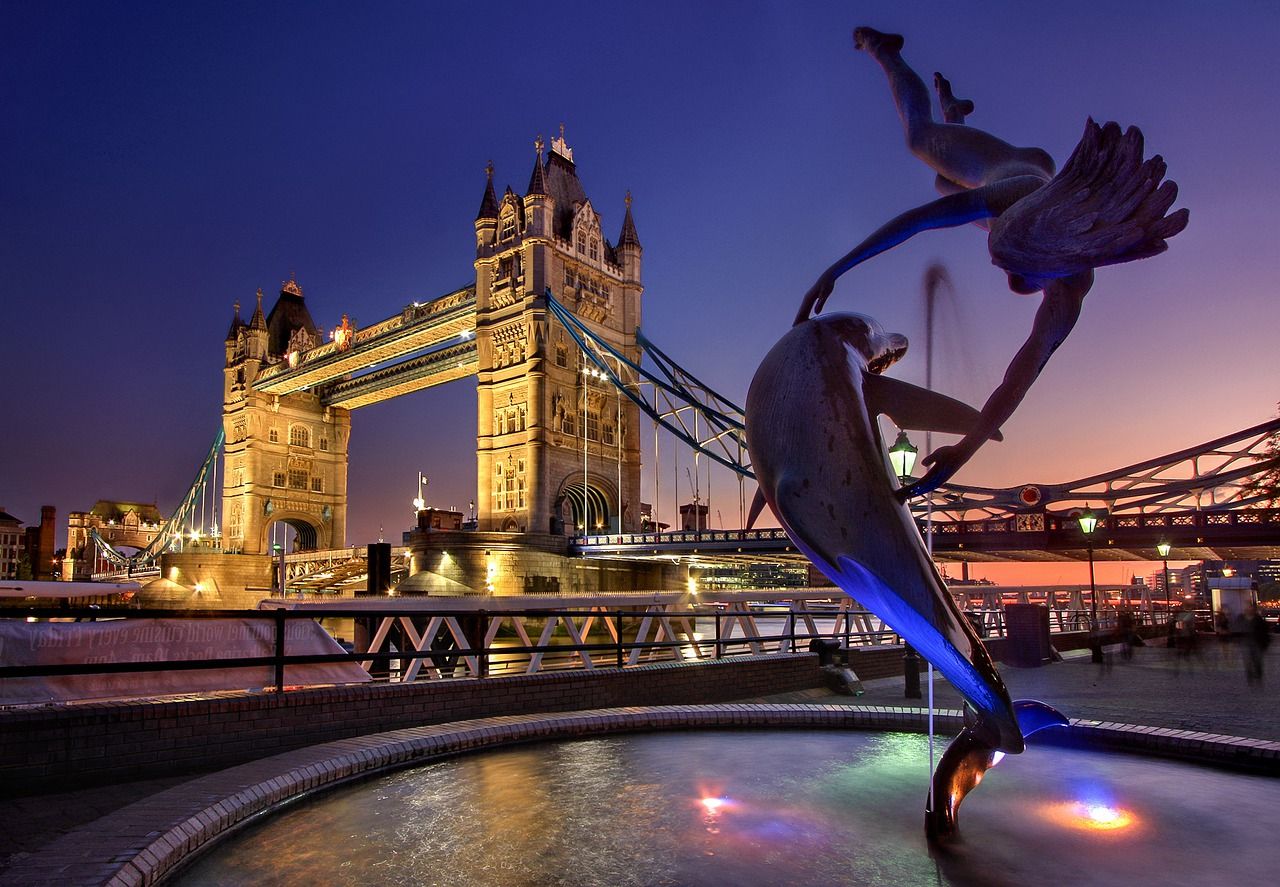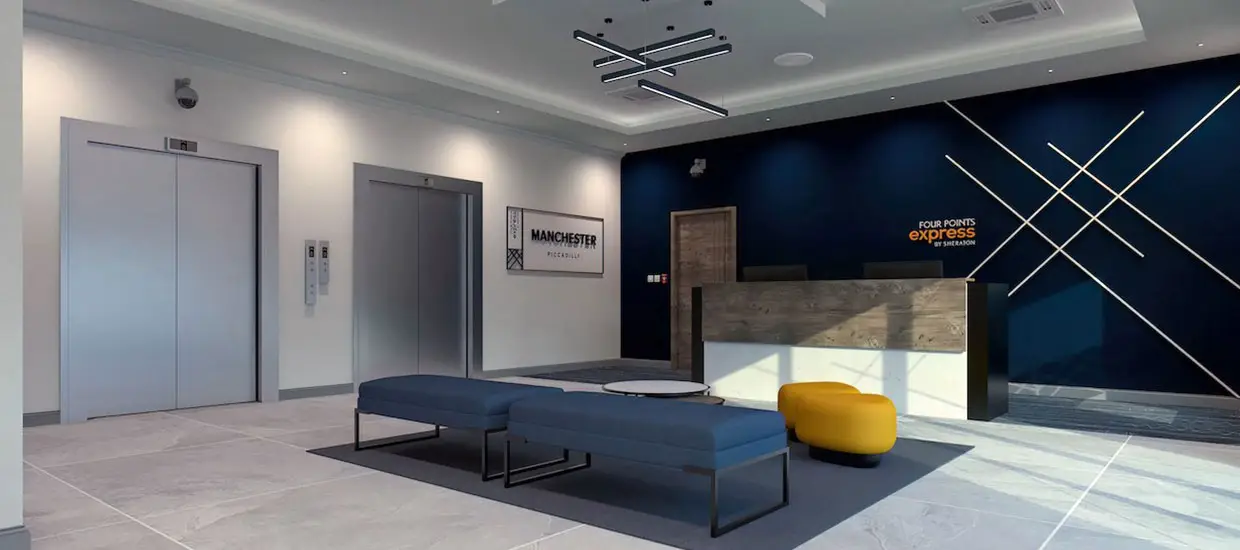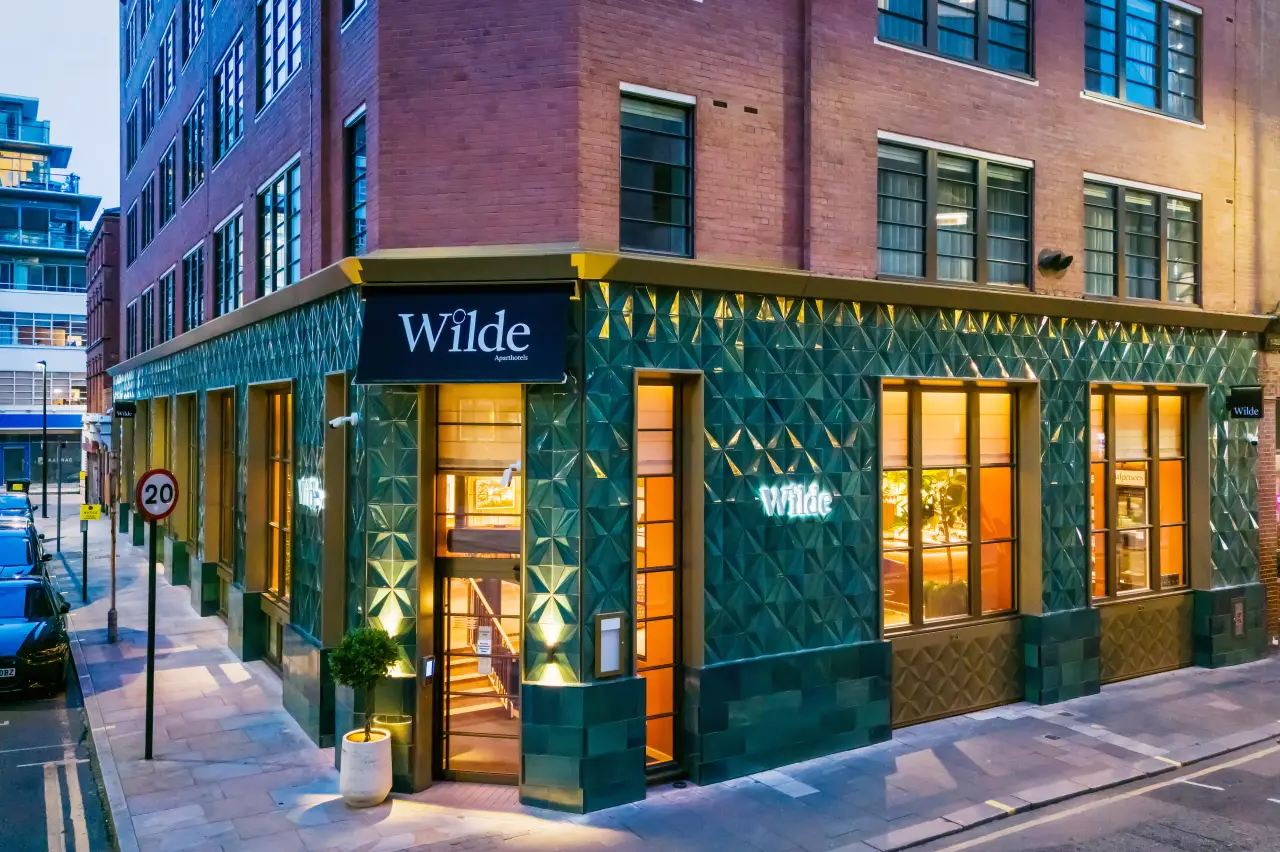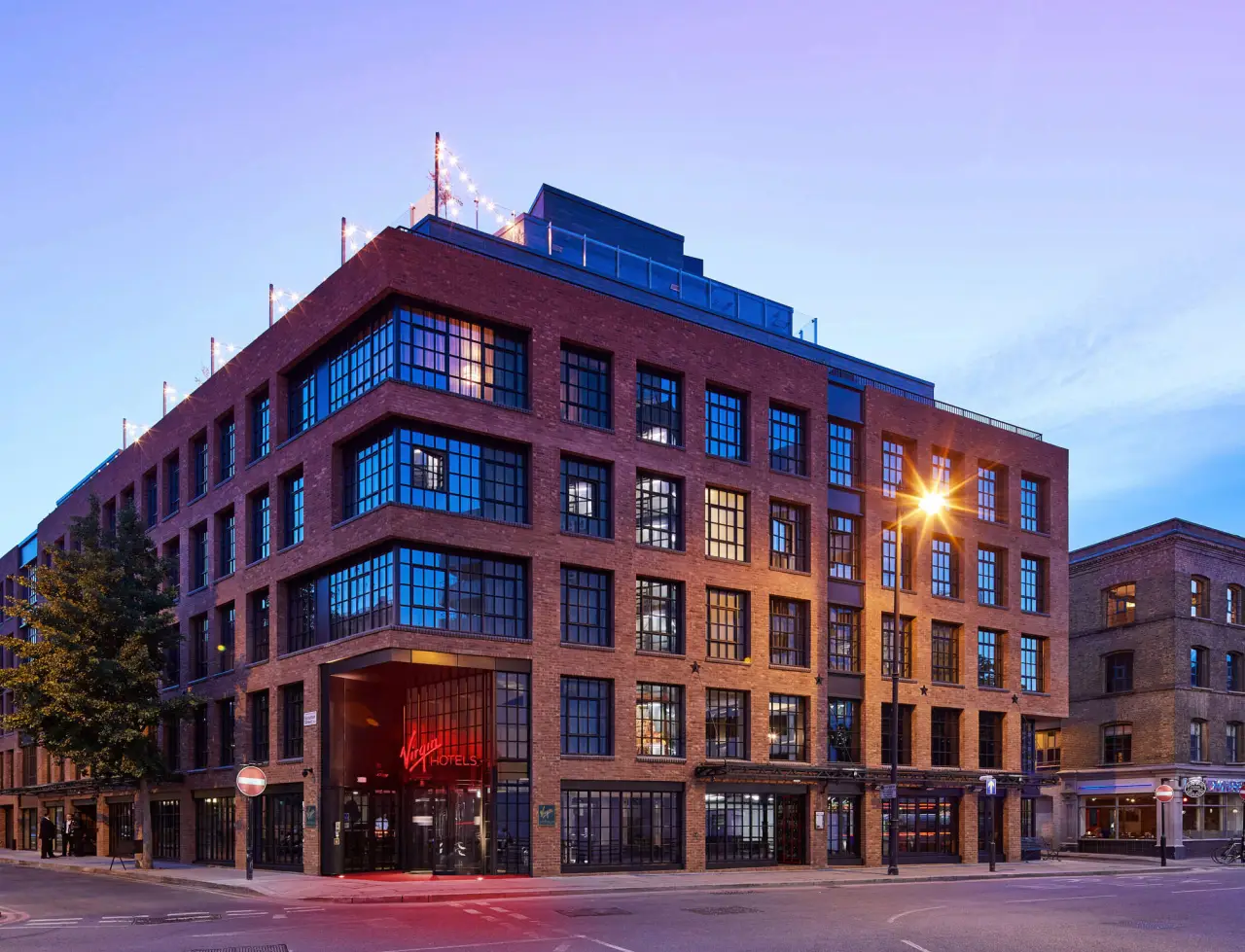In recent years, the government in London has committed to expanding internet access for the city’s population. Now telecommunications group BT, which owns prominent network brands like EE and Openreach, has launched a multi-million-pound overhaul that plans to cover 97% of Britain’s population. This comes after selling their long-standing tower HQ in the city, where it will potentially become a new hotel destination.
BT Group has agreed to the sale of the BT Tower to MCR Hotels, who plan to preserve the building as an iconic hotel.
See the press release below for more details:https://t.co/rrJBEsT7l6
— BT Group (@BTGroup) February 21, 2024
Smart Cities Explained
The premise of smart cities is quite simple – using digital solutions to make life more convenient and efficient for its citizens. Smart tourism is a big part of it, where cities can make travel much easier and wow visitors with their techy infrastructure. Many cities like London have committed to becoming smart cities in response to increasing digital demand.
Across the board, consumers expect a smoother experience from modern services. This is obvious in the entertainment sector, where internet businesses like on-demand streaming or iGaming have grown from strength to strength. By marketing themselves with special offers and free trials, or highlighting slots with bonus features, digital services can project their message much further thanks to the internet. Smart cities seek to leverage similar online technology to keep citizens and tourists informed using virtual kiosks or keep busy thoroughfares clear with a data-driven approach.
The UK capital has committed to developing its smart city technologies, launching a series of programs from its governmental hub page. Now they have enlisted BT – formerly British Telecom – in developing a new, low-power network to allow for widescale Internet of Things (IoT) use. IoT enables smaller devices to connect, like street lights or sensors critical to developing a data-driven smart city.
BT’s New Network
The narrowband Internet-of-Things network (NB-IoT) is the result of a multi-million-pound effort by the telecom giant. The network is built using EE, one of the UK’s largest mobile network operators that serves over 20 million customers. A mobile network provider is necessary for IoT, as it specializes in connecting small devices around the office or home. Last year, BT also brought IoT SIM cards to UK businesses so that they can stay connected to smart devices even in rural areas. With a sufficiently advanced network, the British government and BT hope to revitalize numerous industries that will buy into the digital ecosystems of the future.
Last week, we switched on our IoT National Roaming SIMs for businesses across the UK, allowing them to keep smart devices connected wherever they are.https://t.co/Vf9fgN56B5
— BT Group (@BTGroup) February 22, 2023
The current NB-IoT will focus on public utilities and construction to automate simple processes. This could cut down on oversight costs, direct employee involvement, and make the city’s functions more efficient on the whole. Examples given include sensors that would automatically discover water leakage in the city’s piping system. The introduction of sensors in other sectors will also optimize energy usage and other forms of resource management.
As the network becomes more advanced, it’s possible that the London government could introduce even more IoT use cases in the future. If successful, the capital’s smart city bid will make it more attractive to tourists across the world. The further development of IoT will also expose more consumers to smart home technology, which uses a similar system that interconnects your appliances and other home features to your phone instead of city infrastructure.

